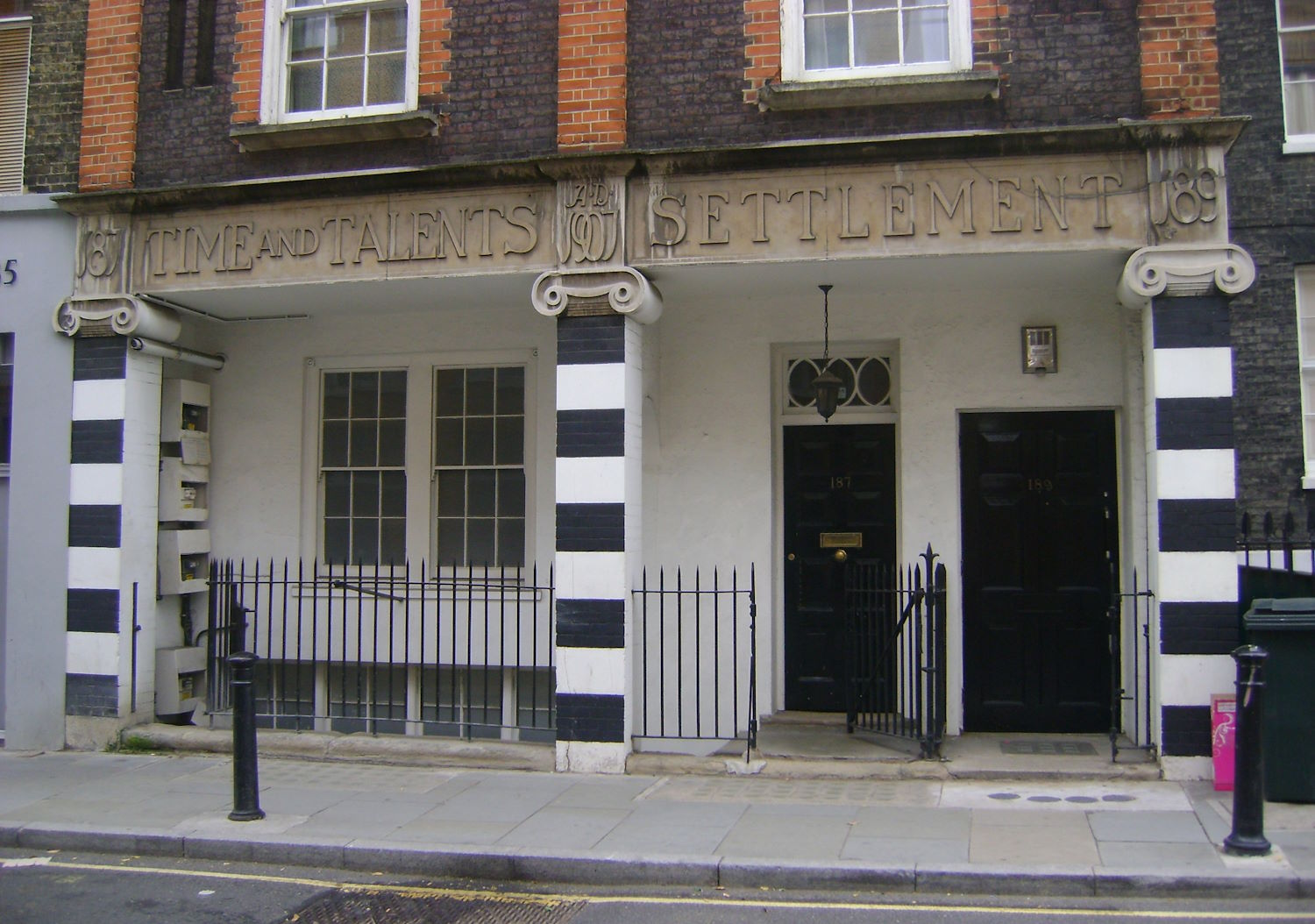featured
Educational settlements. Mark Freeman explores their development and the role that Quakerism played. [See, also, our feature on educational settlements].
in the archives: Robert A. Woods (1912) The recovery of the parish. This important piece makes the case for neighbourhood fellowship and association and looks to role that churches play in their cultivation.
history and development
evangelical roots
Robert Raikes and Sunday schools. The contribution of Robert Raikes and the development of Sunday schooling in Britain.
Hannah More: Sunday schools, education and youth work. Hannah More was initially famous for her play writing and involvement in ‘blue stocking’ circles. Later her evangelicalism led her to philanthropy, writing popular religious tracts and to pioneering work in Sunday Schools. Here we examine her contribution and her involvement in the development of youth work.
Ragged schooling: an exploration of the origins, development and contribution of ragged schooling. [See, also:Charles Dickens on Ragged Schooling]
George Williams and the YMCA: The early days of the YMCA.
Ellen Ranyard, ‘bible women’ and informal education: a key figure in the development of district visiting.
Re-creating America: youth ministry and social change, 1930-1999. Jon Pahl explores the youth ministries of Walther Leaguers, Young Christian Workers, Youth for Christ members, and the Bethel African Methodist Episcopal Church in Baltimore and finds a nuanced history.
the emergence of the club
Club work: a review of the development of club work with young people and adults.
Tom W. H. Pelham, boys’ clubs and ragged schooling. A colleague of Quintin Hogg, and writer of the first handbook on lads’ club work.
Muscular Christianity. The notion of Muscular Christianity was an important feature of some key discourses around work with boys and men in the second half of the nineteenth century. Here Clifford Putney explores the origin and use of the term.
Emmeline Pethick, Mary Neal and the development of work with young women. The contribution of two important pioneers in girls’ club work.
Charles Russell and boys’ clubs. A key figure in the promotion and practice of boys’ club work.
Henry Solly and the Working Men’s Club and Institute Union. Founder of the Club and Institute Union and provider of an important conceptualization of club work,
Maude Stanley, girls’ clubs and district visiting. Writer of the first handbook on girls’ club work and an important figure in the development of girls’ club organization. [See Maude Stanley – Girls’ Clubs]
Arthur Sweatman and the idea of the youth club. Made the initial case for work with youths’ in clubs. [See, also: Sweatman: youths’ clubs and institutes. A discussion of the early history of youth work can also be found in enter youth workers in the informal education archives].
theology, principles and practice
Calling and informal education. The notion of calling, once rather unfashionable, has re-emerged as an organizing idea within education. Michele Erina Doyle examines calling and vocation, and sets them in particular within Christian discourse. She argues that fulfilling our calling as informal educators means we work with others for the processes of knowing, testing, naming, being, doing and becoming. Our hope is that both we and others prosper.
Christian youth work: evangelism or social action? Carole Pugh raises questions about evangelical approaches to youth work and argues for informal education practice.
Informal education: a Christian perspective. In this seminal piece, John W. Ellis explores the practice of Christian informal education, and contrasts it with formal approaches.
The philosophy of informal Jewish education. Barry Chazan explores the meaning of informal Jewish education and examines its significance for contemporary Jewish life. The conclusions he draws have interesting echoes in Christian youth work.
Seeking out the gift of authenticity. Heather Smith argues that developments in youth work are undermining authentic relationship. She suggests that if we do prize relationships over targets and do truly care about the people we encounter, it is possible to take personal responsibility to seek out the gift of authenticity.
Youth work and the spark of the divine. In this piece Larry Parsons reflects on his philosophy of youth work – and the fundamental significance of the spark of the divine that he believes is in everyone.
Acknowledgement: Picture: The original Time and Talents settlement on Bermondsey Street by sarflondonunc. Sourced from Flickr and reproduced under a Creative Commons Attribution-NonCommercial-NoDerivs 2.0 Generic (CC BY-NC-ND 2.0) licence. http://www.flickr.com/photos/sarflondondunc/4840912328/
